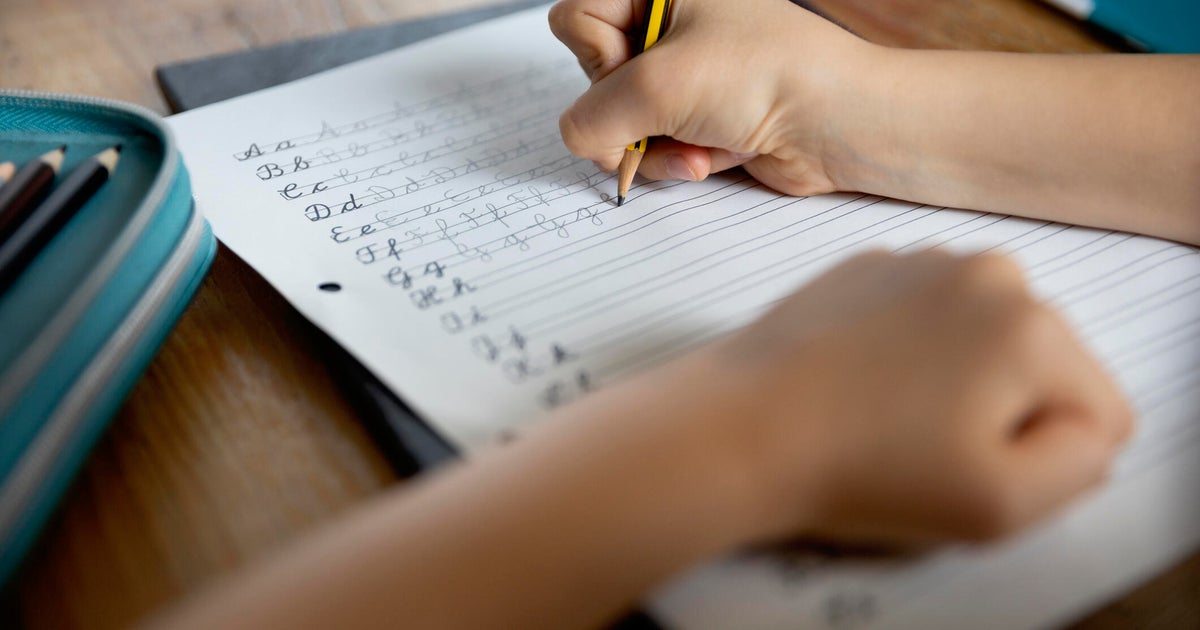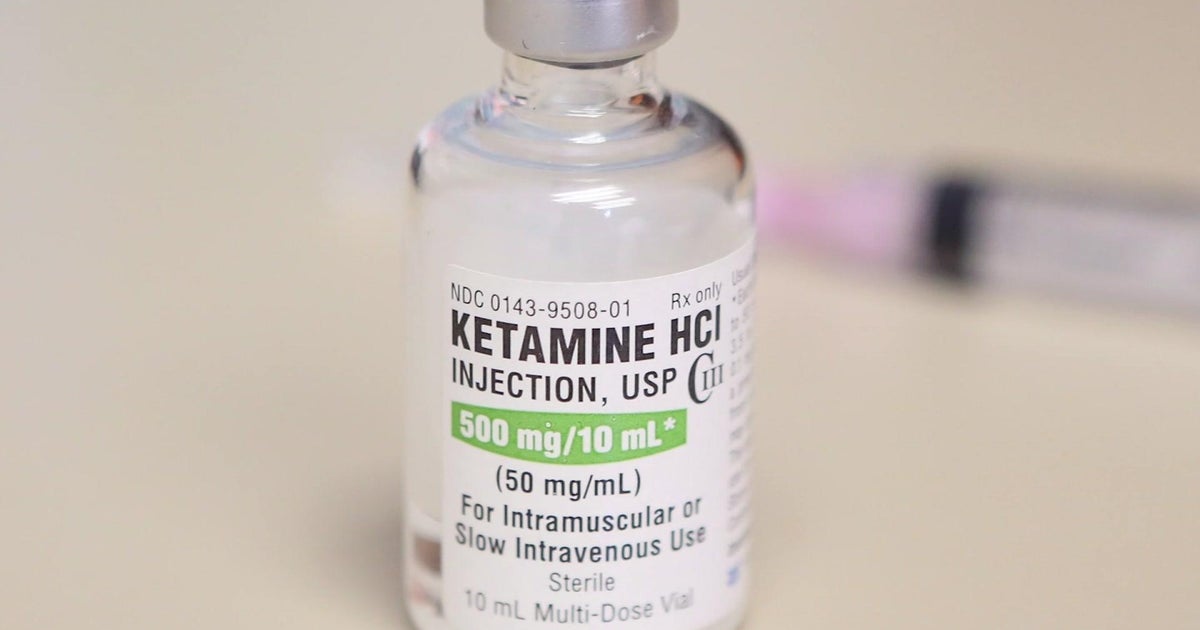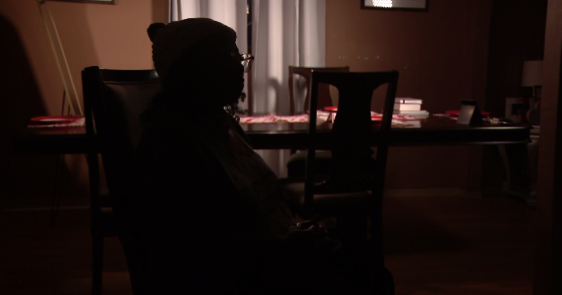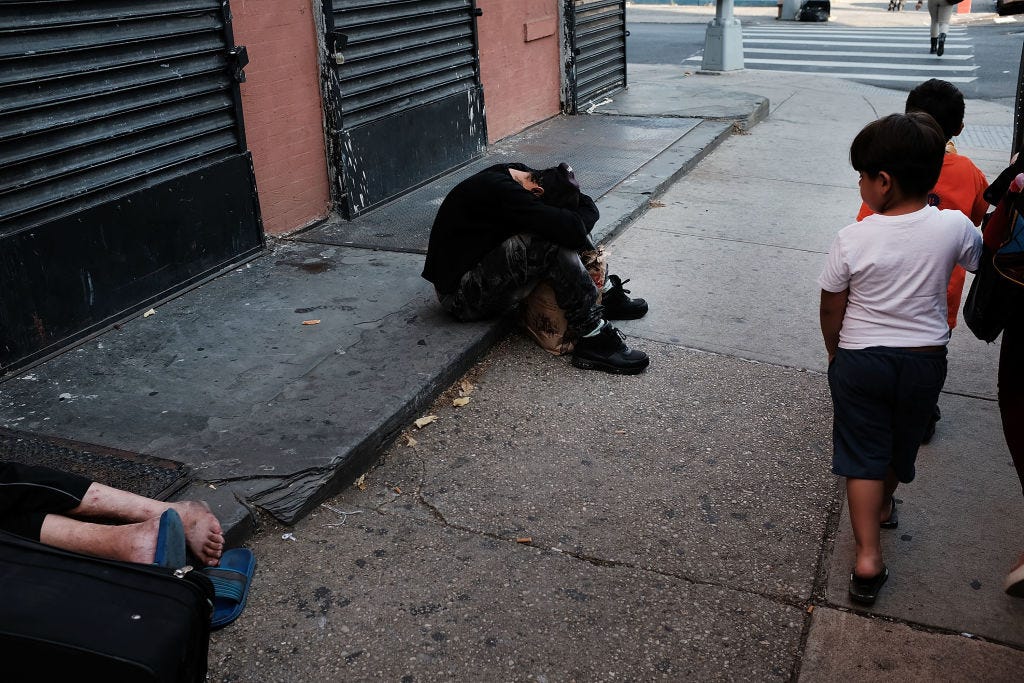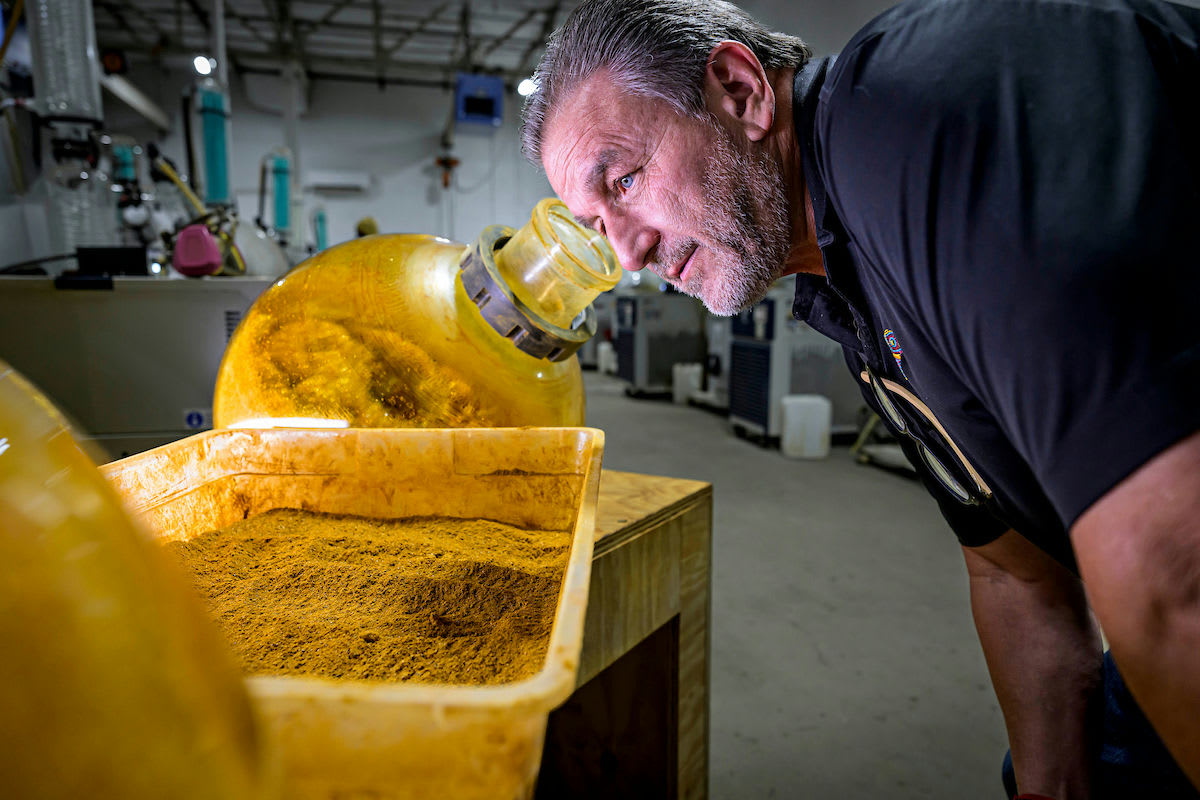Alabama school staff trains to administer naloxone to reverse opioid overdoses
In our School Matters series, we are looking at mental and physical health issues in schools.
A new state-wide program will soon give Alabama high schools access to an opioid-overdose reversal drug naloxone. The state is the first in the nation to train administrators, coaches and even teachers to use the lifesaving drug. Previously, only certified nurses could administer it.
At a training drill, a group of staff members in Montgomery acted out a scenario of an opioid overdose. The goal was to learn how to administer naloxone.
- More from School Matters: Colorado town uses pot sales taxes to fund anti-bullying program – and it's working
The auto-injector looks more like a cigarette box than a drug that can save a life.
"I spent 10 years in a public school as a principal and it's very common to be walking down the hall and come upon a situation like this," training participant Terry Roller said.
The woman giving out instructions is state nurse administrator Jennifer Ventress.
"We developed this training to teach people, in the absence of a nurse, how to give this drug," Ventress said. She later gave us a demo with an empty injector that gave automated step-by-step instructions.
"We've not had this happen in our schools and we're thankful for that, but should it happen, we want to be prepared," Ventress said.
Preparation is also underway about three hours north near Huntsville, Alabama, where trainings had started at Sparkman High just last month. We were there when 11th graders Bella Powell and Jackson Mays first learned how this device works.
"It's very similar to an EpiPen, so it's relatively easy to use, which is good," Powell said.
More than 400 opioid-related overdose deaths were reported in the state of Alabama in 2017. According to the CDC, the state ranked highest in the nation in opioid prescriptions back in 2015. The state is said to have more prescriptions than the number of people.
The drug costs $178 per dose, all paid for by a grant – meaning no cost to taxpayers.
School officials say it's not only for the safety of students. They say it can be used on anyone who comes to campus for a number of events, anywhere from basketball games to recitals.
"We're one of the top states that have opioid abuse," Alabama state schools superintendent Eric Mackey said.
"Schools have so many needs right now: teacher pay, supplies. Why has this become a priority?" Bojorquez asked him.
"Well, school health or student health is a priority," Mackey responded. "People could say, 'Well, you ought to be investing your money just on textbooks and teachers and academic things,' but there would be no good academic outcomes if there's not healthy students in school."
The opioid epidemic hit close to home for Laurie Roberts almost five years ago when her oldest son, Will, overdosed on the back porch of their house. "It is truly one of the most painful things and hardest things that I've ever gone through," Roberts said.
Will became addicted to opioids during his sophomore year of high school after his wisdom tooth removal. But he was lucky. He survived.
"I have been blessed so far that my son is still alive, and as a parent of a child who is in recovery, you learn that it is a every day, the rest of my life worry," Roberts said.
